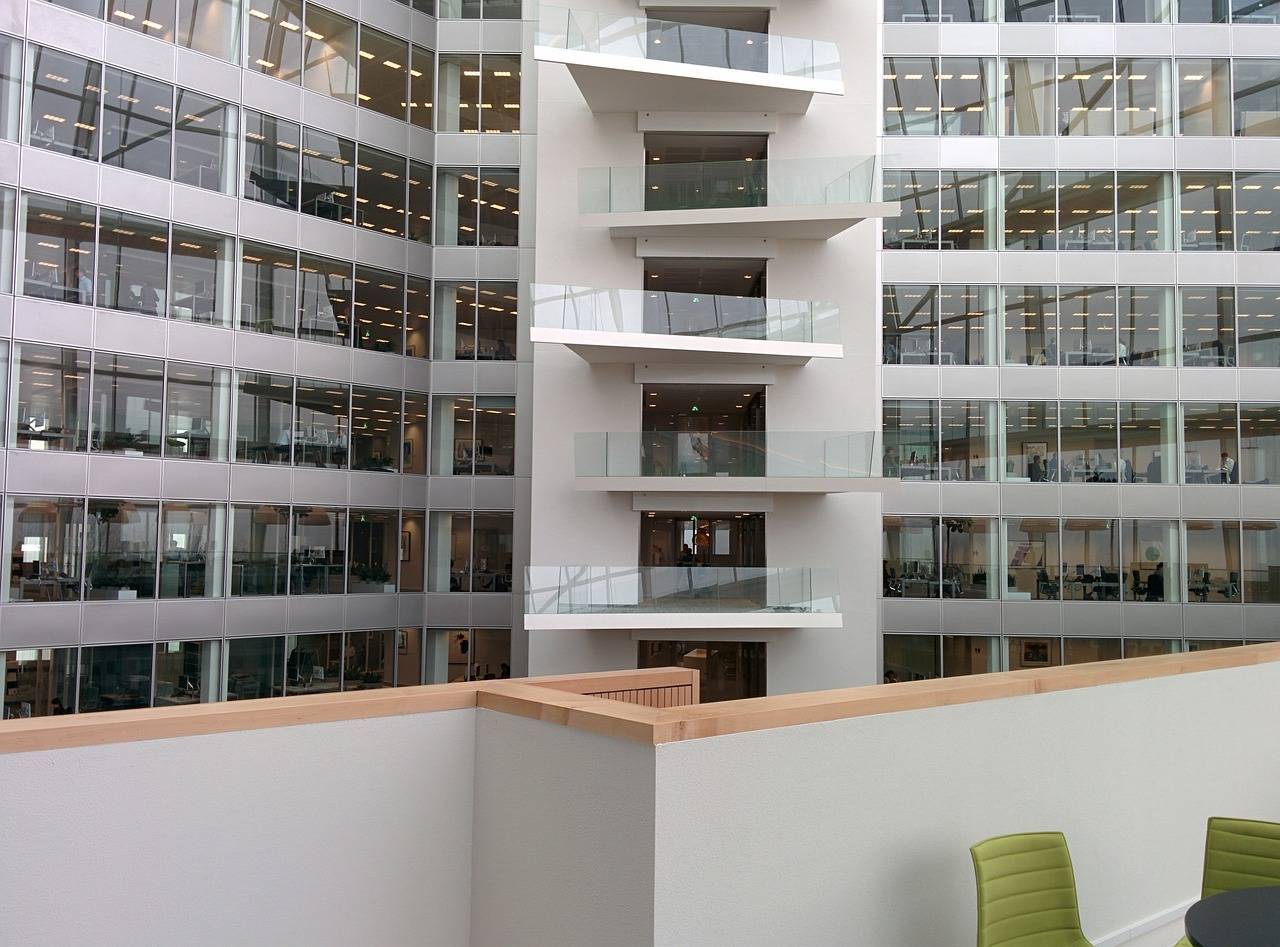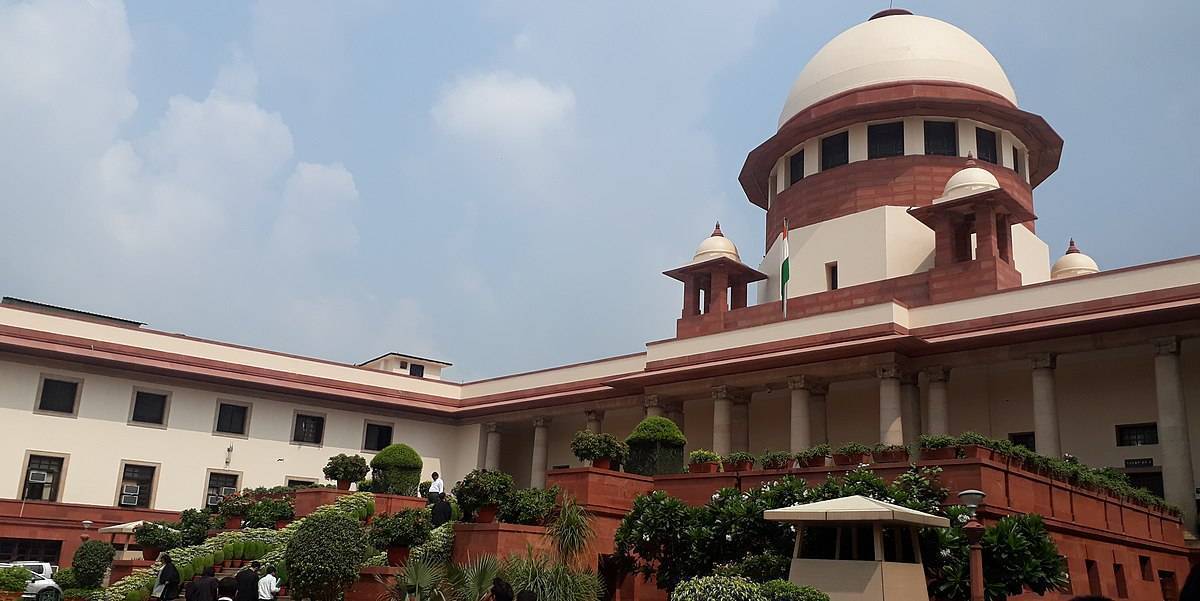The Forum for People's Collective Efforts (FPCE), a prominent homebuyers' association, has recently raised significant concerns regarding the Maharashtra Real Estate Regulatory Authority's (MahaRERA) decision to establish a conciliation forum to resolve disputes between builders and consumers. This move, according to FPCE, is not only beyond MahaRERA’s legal jurisdiction but also poses potential conflicts of interest that could undermine the rights of homebuyers.
Background: MahaRERA’s Conciliation Forum
MahaRERA, established under the Real Estate (Regulation and Development) Act, 2016 (RERA), serves as the regulatory authority for real estate in Maharashtra. The agency’s primary function is to ensure transparency, accountability, and fairness in the real estate sector, particularly in transactions involving homebuyers and developers. Over the years, MahaRERA has been lauded for its proactive role in addressing grievances and streamlining the real estate market in the state.
However, in a controversial move, MahaRERA recently constituted a Conciliation Forum under Section 32 of the RERA Act. This forum was designed to facilitate the amicable settlement of disputes between real estate developers and consumers, offering a platform for both parties to resolve their issues without the need for prolonged legal battles.
FPCE’s Objections: Overstepping Legal Boundaries?
The FPCE, led by its President Abhay Upadhyay, has expressed serious reservations about the establishment of this forum. In a letter dated August 19, 2024, addressed to Satinder Pal Singh, Additional Secretary of the Union Ministry of Housing and Urban Affairs, FPCE questioned the legality of MahaRERA’s decision. According to FPCE, Section 32 of the RERA Act only grants the regulatory authority the power to make recommendations and does not explicitly authorize the formation of a conciliation forum.
The FPCE argues that the creation of such a forum by MahaRERA could lead to a conflict of interest, particularly if the forum's functioning is not independent of the regulatory body. The association has urged the Ministry of Housing and Urban Affairs to thoroughly investigate the constitution and operations of this forum to determine whether it is truly impartial or whether it disproportionately favors developers.
Conflict of Interest: An Unbalanced Forum?
One of the primary concerns raised by FPCE is the composition of the Conciliation Forum. The association points out that the forum includes a disproportionate number of representatives from builder organizations compared to those representing consumers. Specifically, the forum reportedly includes three organizations representing builders and only one representing consumers. Moreover, within this framework, there are six individual representatives for builders, while consumers are represented by only two individuals.
This lopsided representation, FPCE contends, could lead to biased outcomes that favor developers at the expense of homebuyers. The association fears that such an imbalance in representation could erode public trust in MahaRERA’s ability to act as an impartial regulator and may result in decisions that do not adequately protect consumer interests.
Legal and Regulatory Implications
FPCE’s objections raise broader questions about the role and powers of RERA authorities across India. The Real Estate (Regulation and Development) Act, 2016, was enacted with the primary objective of protecting the interests of homebuyers and ensuring accountability in the real estate sector. However, the law’s provisions regarding the powers of RERA authorities are subject to interpretation, as evidenced by the current dispute.
The FPCE’s contention that MahaRERA has exceeded its mandate by establishing the Conciliation Forum touches on a key legal issue: the scope of regulatory authority under the RERA Act. If MahaRERA’s actions are found to be beyond its legal jurisdiction, this could set a precedent for other state RERA bodies and could lead to a re-evaluation of their powers.
Moreover, FPCE’s call for a more balanced and transparent process for resolving disputes in the real estate sector underscores the need for reforms that ensure fairness and impartiality in the functioning of regulatory bodies. The association has suggested that if Lok Adalats (people's courts) are operational in a state, they should be used for dispute resolution instead of conciliation forums established by RERA authorities.
The Way Forward: Need for Clear Guidelines
In light of the concerns raised by FPCE, it is clear that there is a pressing need for clear guidelines from the central government regarding the establishment and functioning of conciliation forums by RERA authorities. Such guidelines should ensure that these forums are constituted in a manner that is both legally sound and fair to all parties involved.
FPCE has recommended that the Union Ministry of Housing and Urban Affairs engage in consultations with all relevant stakeholders to draft and implement these guidelines. The association has also called for the suspension of the functioning of conciliation forums like the one established by MahaRERA until these guidelines are in place.
The controversy surrounding MahaRERA’s Conciliation Forum highlights the ongoing challenges in balancing the interests of homebuyers and developers within India’s real estate regulatory framework. As the situation unfolds, it will be crucial for both state and central authorities to address these concerns transparently and to ensure that regulatory bodies like MahaRERA operate within the bounds of the law, while also protecting the rights of consumers.
Image source- Facebook









.png)